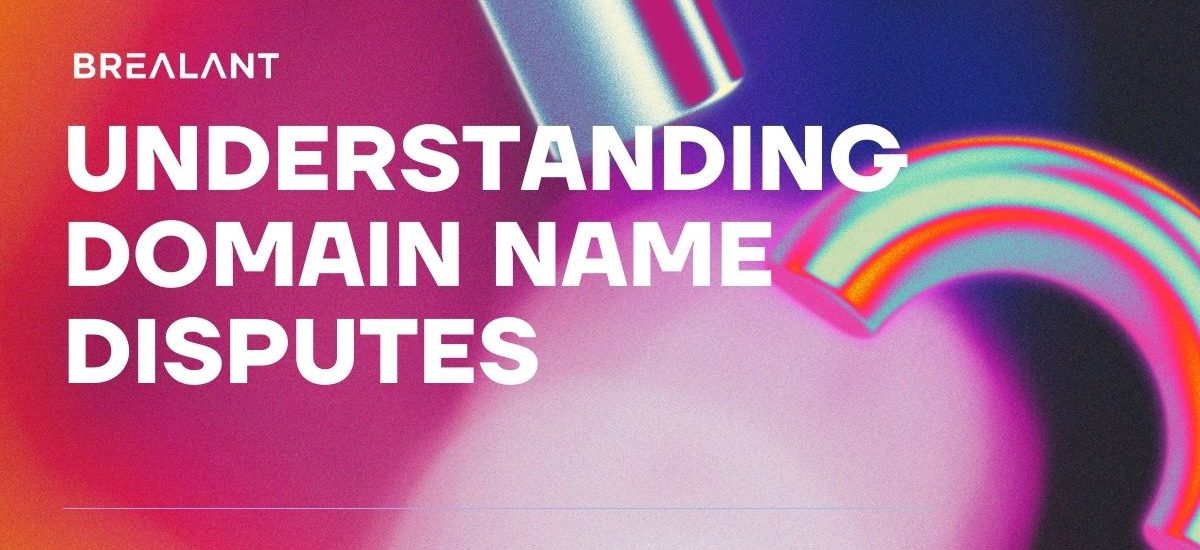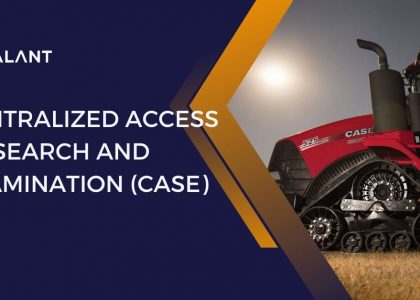Domain names are more than just web addresses; they are valuable assets for businesses and individuals in the digital age. However, disputes over domain names, particularly those involving intellectual property (IP) rights, can be a source of concern and contention. To address these issues, the World Intellectual Property Organization (WIPO) has established itself as a leading authority in resolving domain name disputes. In this blog, we will delve into domain name disputes in the context of WIPO, focusing on its services, procedures, and the importance of protecting IP rights.
A domain name dispute typically arises when two parties claim rights to the same domain name. The primary issues often involve trademark infringement, cybersquatting, or bad faith registration. In many cases, one party may register a domain name that is identical or confusingly similar to a trademark owned by another party. These disputes can result in significant financial losses, damage to a brand’s reputation, and confusion among consumers.
WIPO’s Role in Domain Name Disputes
WIPO has been at the forefront of resolving domain name disputes, offering a streamlined and cost-effective approach to address these issues.
- WIPO Arbitration and Mediation Center: WIPO’s Arbitration and Mediation Center administers domain name dispute resolution services under the Uniform Domain Name Dispute Resolution Policy (UDRP), which is widely adopted for resolving disputes related to generic top-level domains (gTLDs). WIPO’s role in this process includes appointing expert panelists who analyze the evidence presented by the parties and make binding decisions.
- Impartiality and Expertise: One of the key strengths of WIPO’s dispute resolution process is its panelists’ expertise in intellectual property and domain name matters. These panelists are independent, impartial, and well-versed in the nuances of IP law and domain name issues. This ensures a fair and objective assessment of the dispute.
- Speed and Cost-Efficiency: WIPO’s domain name dispute resolution procedures are designed to be efficient, offering a faster resolution process compared to traditional litigation. This time-saving approach can be crucial for businesses looking to protect their online brand presence. Additionally, the cost of WIPO’s services is considerably lower than lengthy court proceedings, making it accessible to a wide range of stakeholders.
- WIPO Domain Name Panel Decisions: WIPO’s panelists have issued numerous decisions in domain name dispute cases, setting important precedents and clarifying the rules and procedures for resolving such disputes. These decisions provide valuable guidance to parties involved in similar disputes and help maintain the integrity of the domain name system.
Importance of Protecting IP Rights in Domain Names
Domain name disputes have significant implications for intellectual property rights. The misuse or abusive registration of domain names can lead to consumer confusion, dilution of brand value, and potential revenue losses for legitimate trademark owners. Protecting IP rights in the digital space is crucial for maintaining trust and the online presence of businesses and creators.
WIPO’s involvement in domain name dispute resolution underscores the importance of safeguarding these rights. By offering a neutral and effective forum for resolution, WIPO helps maintain the balance between trademark owners’ interests and the need for an open and fair domain name system.
Conclusion
Domain name disputes continue to be a challenge in the digital era, as the value of online brands and intellectual property rights has grown exponentially. WIPO’s role in resolving these disputes is instrumental in ensuring fair and efficient resolution processes. By offering a cost-effective, expert-led, and impartial system, WIPO protects IP rights and helps maintain the integrity of the global domain name system. In the fast-paced world of the internet, WIPO’s services offer a crucial mechanism for businesses and individuals to protect their online assets and preserve their reputations.










